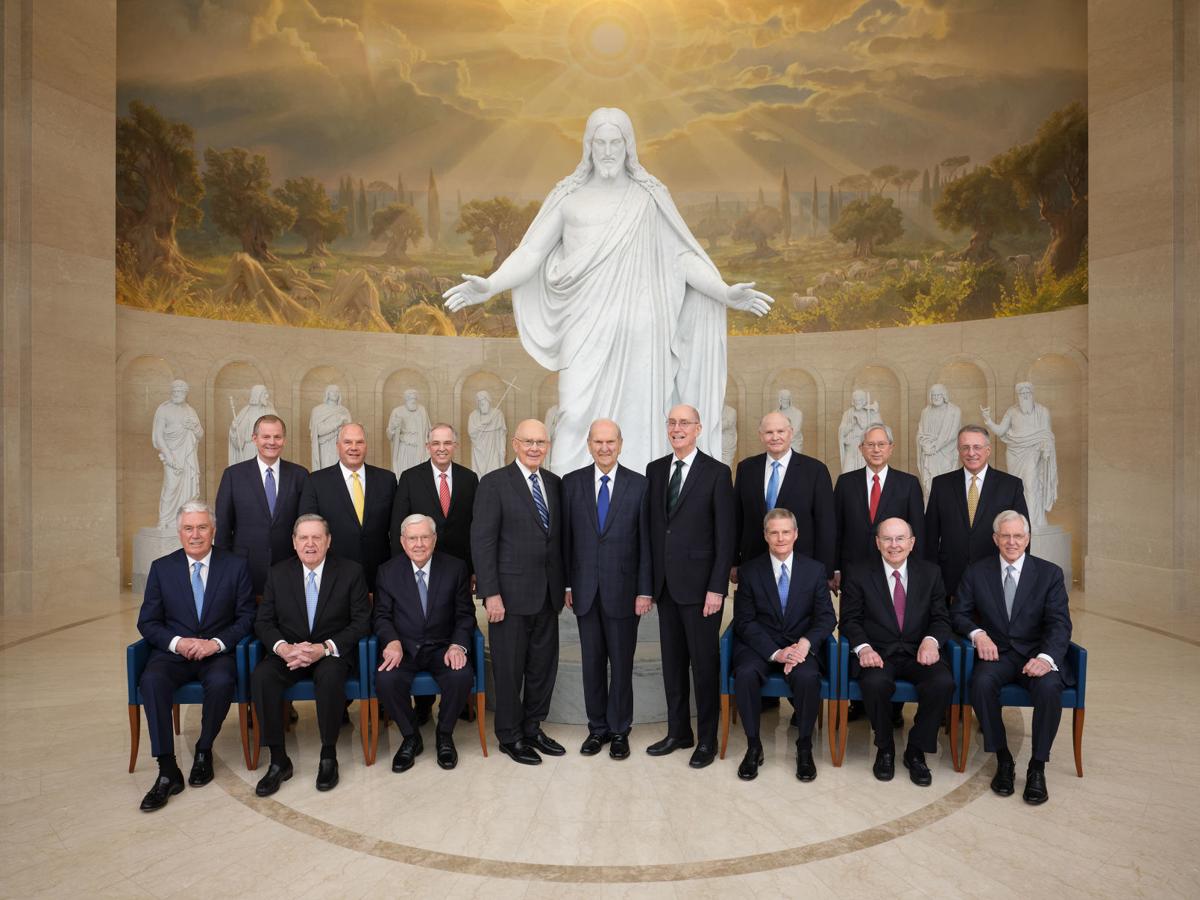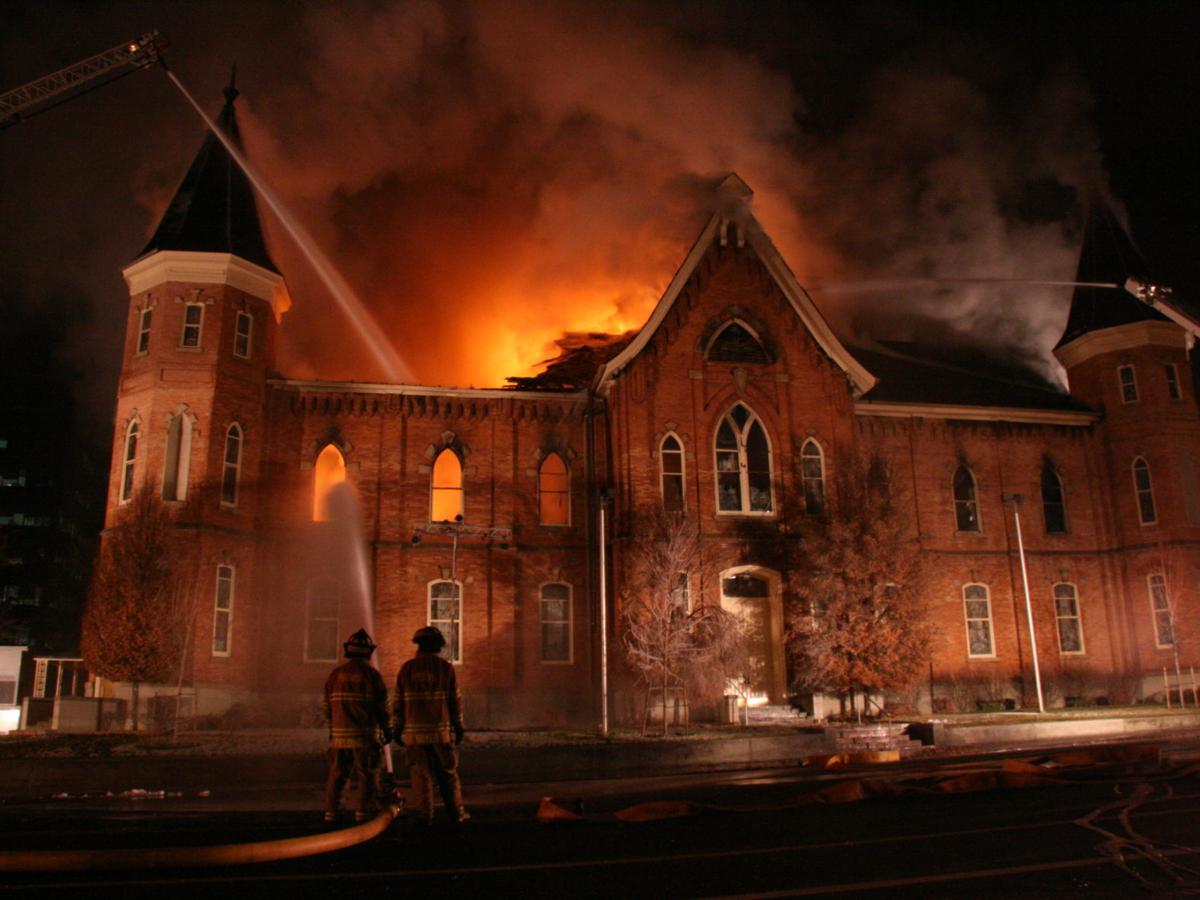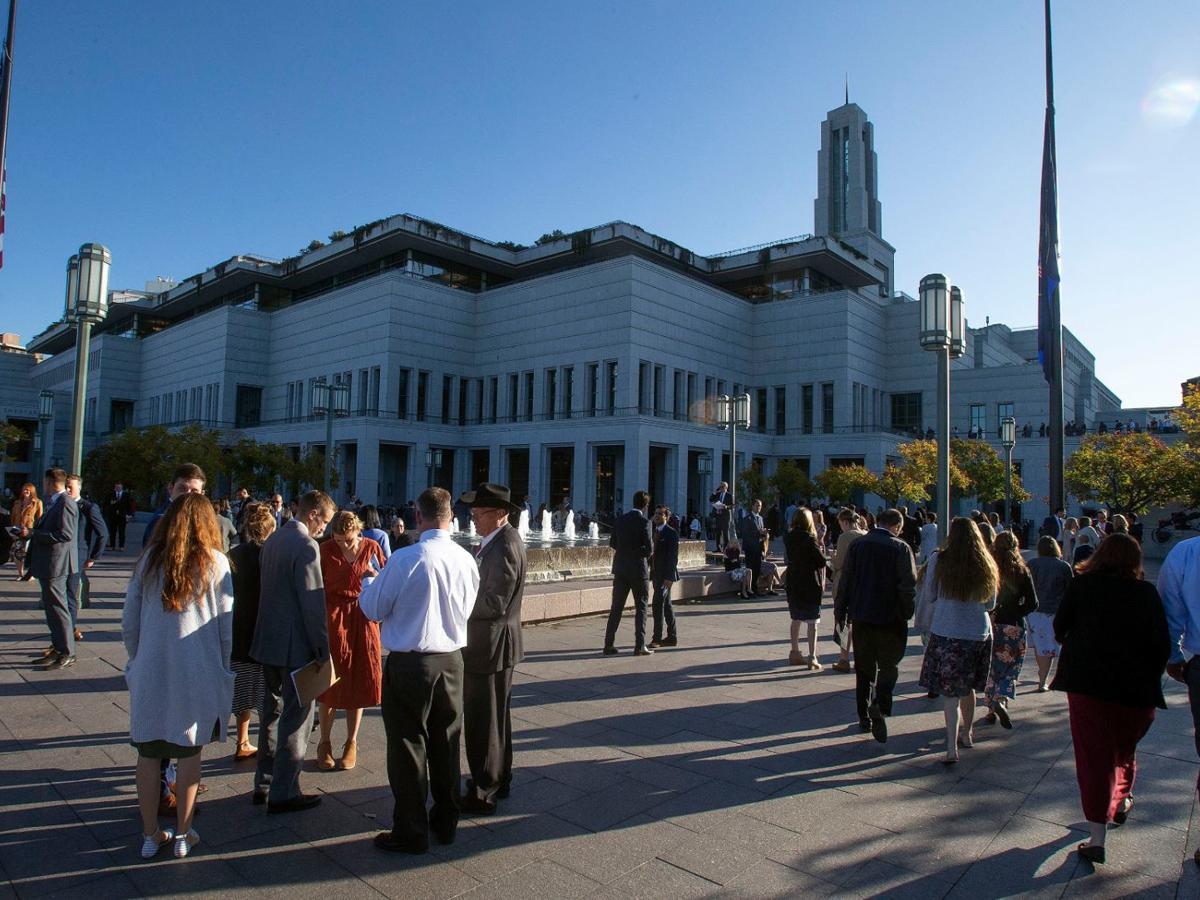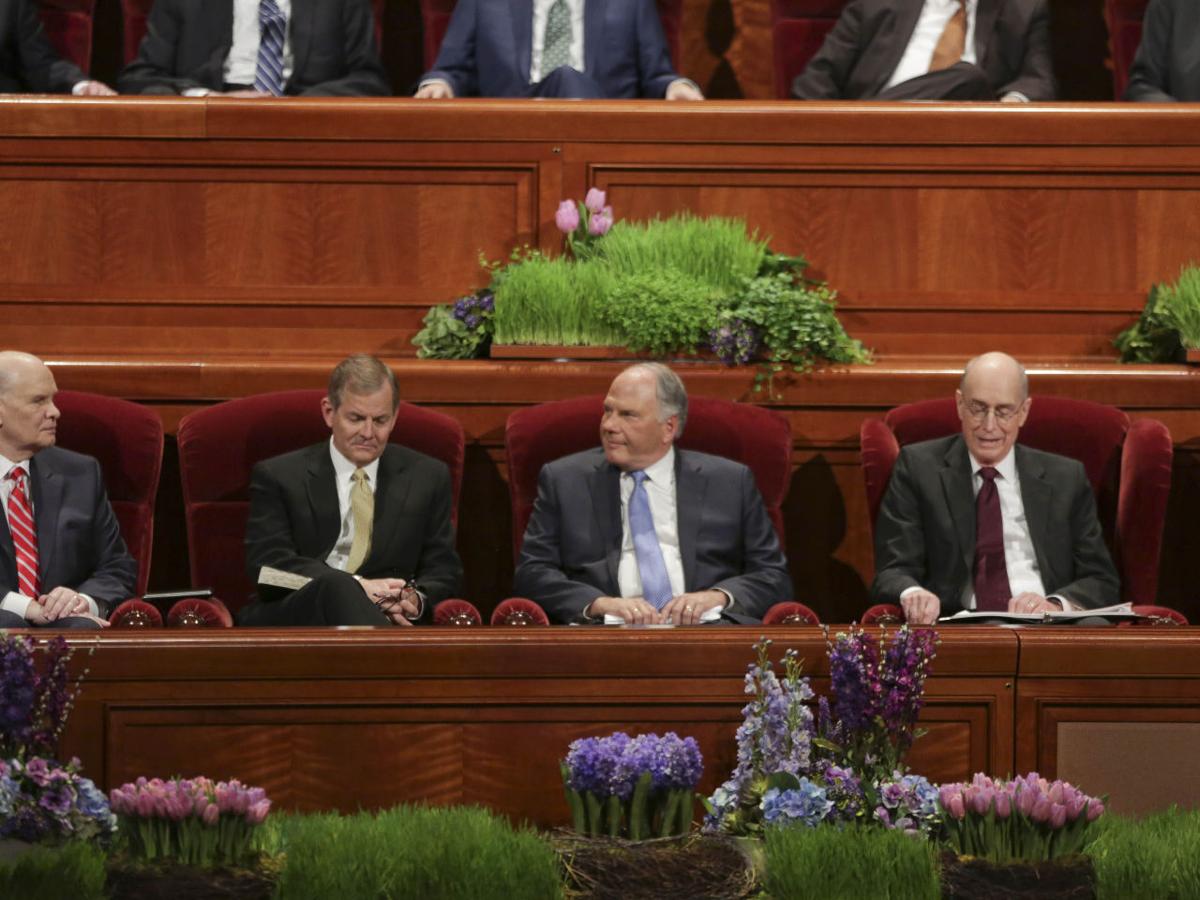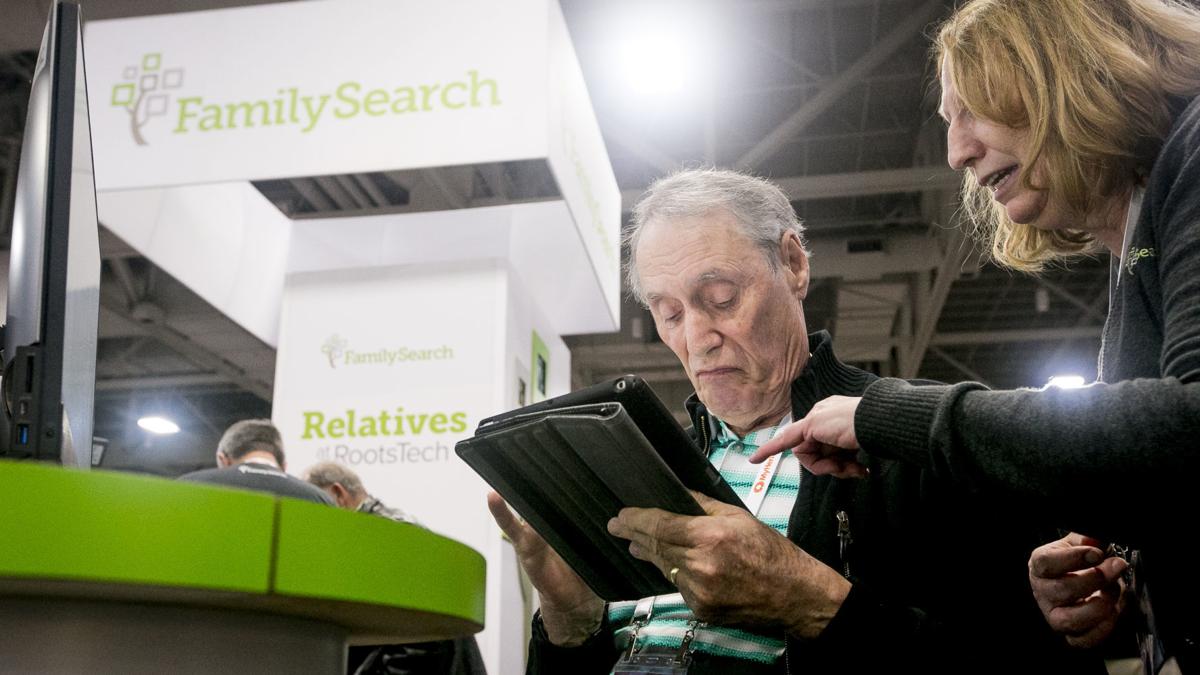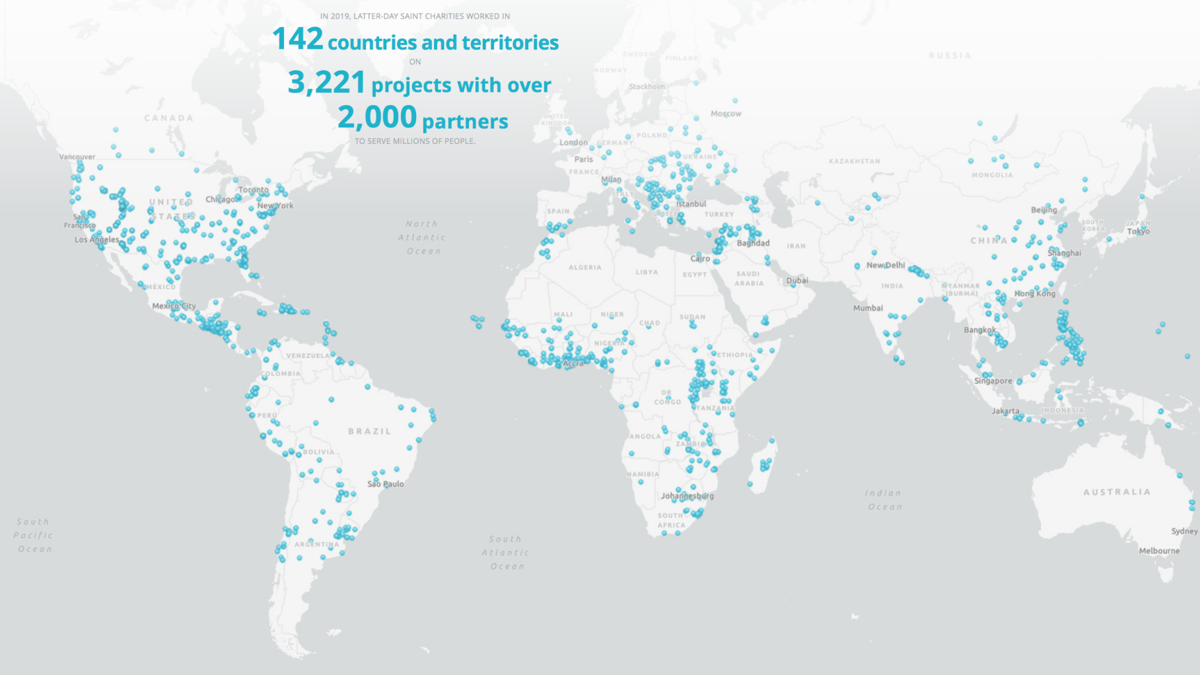RootsTech, the largest family history conference in the world, is celebrating its 10-year anniversary this week in a four-day conference happening through Saturday at the Salt Palace Convention Center in Salt Lake City.
The theme this year is Discover Your Story, Discover Yourself. Those attending may choose from over 300 breakout sessions and visit more than 180 vendors in the Expo Hall.
On Thursday, one of those breakout sessions included a presentation by Blaine Bettinger on DNA, genealogy and law enforcement.
Bettinger addressed the process and ramifications of using DNA as part of police investigations and use as evidence — particularly in solving cold cases.
The term Investigative Genetic Genealogy, or IGG, was introduced in the discussion.
Bettinger took a deep dive into the convoluted aspects of gathering and using DNA, if it can be used without consent, and what the law can and cannot do.
He referred to short tandem repeats, or STRs, in DNA that are used to identify exact DNA samples. Those can then be compared to a 19 million STR database of profiles that could identify a potential suspect or victim.
Those individual profiles may then be used to even identify close genetic relatives and potential investigation sources.
“Of course they would then take DNA samples (from sources) for the STRs,” Bettinger said. “This is not a new process but the application is new.”
That application makes the use of DNA even more complicated because of new laws and policies from the Department of Justice, individual policing agencies and availability of access to DNA databases from companies like Ancestry.com or 23andme.com. There are a handful of companies, including Ancestry and 23, that have databases. It may be required to have a subpoena to allow a DNA search.
One thing Bettinger said is certain is that DNA genealogy uses and searches are here to stay.
In a busy week where thousands have come from 32 countries to learn more about genealogy, family histories and numerous topics surrounding genealogy, there have also been notable speakers.
Leigh Anne Tuohy, whose inspirational story was popularized by the book and film “The Blind Side,” was set to speak on Thursday.
Friday’s keynote speech will be given by David Kennerly, a former White House photographer and Pulitzer Prize winner. Pro Football Hall of Fame running back Emmitt Smith will speak on Saturday.
Saturday is free Family Discovery Day. Elder Gary Stevenson — of the Quorum of the Twelve of The Church of Jesus Christ of Latter-day Saints — and his wife Lesa will be the hosts for the day and will speak at the event. Families will be able to learn how to keep records and tell their own stories through a variety of activities and games throughout the day.
“We’re anxious to hone in and explore what it means to capture your present family and connect your present family, and what that does for you in the ‘here and now.’ And then what it will do that will follow you generations from now,” said Steve Rockwood, CEO of FamilySearch, in a press release.
For those who are unable to attend, RootsTech is streaming some of its breakout sessions at https://rootstech.org.

